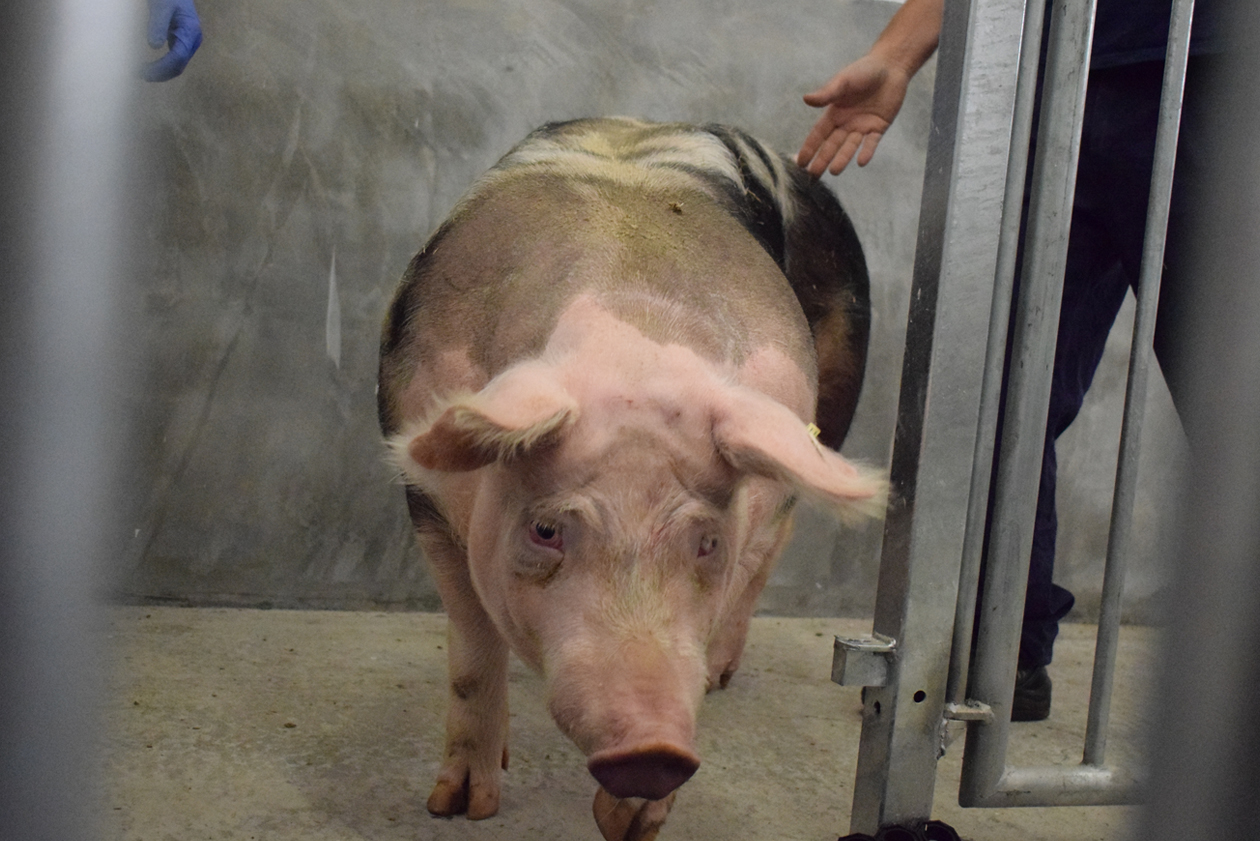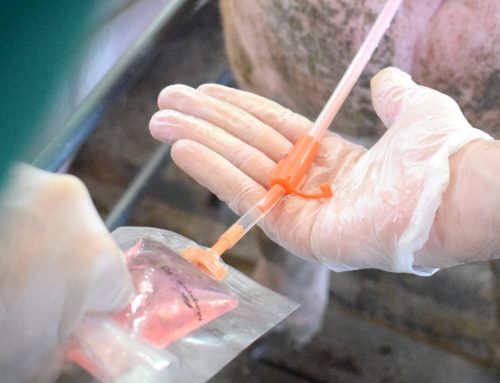The presence of boars in insemination centres with reproductive problems that limit the number of doses served is an important issue that has an impact on the productivity of the centre. These disorders can involve an increase in the rate of extractions of other boars or difficulties in delivering the doses requested by the breeder farms.
One of these disorders is azoospermia. When a boar has azoospermia, the ejaculate is completely devoid of spermatozoa. Azoospermia can be caused by many different reasons, which we will explain below.
1. Hormonal
Disorders of the hypothalamus-pituitary-gonad axis can trigger azoospermia as this axis is responsible for regulating spermatogenesis. Another hormonal reason would be the presence of endocrine disruptors, which are external molecules that affect hormone regulation.
2. Genetic
Due to alterations in the DAZL gene, which disappears in azoospermia, translocations between autosomes and the Y chromosome, which have been little described in pigs, and trisomies such as Klinefelter’s syndrome, in which the sex chromosomes become XXY instead of XY.
3. Infectious
The blood-testicular barrier can be affected by inflammation due to pathogenic infections or autoimmune diseases. Fever may also be a factor affecting proper testicular function.
4. Virus
These include PRRS, circovirus type 2, blue eye disease, Aujeszky’s disease, and parvovirus.
5. Bacteria
Generally, those ascending from the urethra and those infections causing systemic effects, mainly fever may affect spermatogenesis, including leptospirosis, salmonellosis, pasteurellosis, and swine erysipelas.
6. Autoimmune
The most common autoimmune diseases are those in which parts of the body are not recognised as such by the immune system and are attacked by it, as might be the case with sperm antigens.
7. Anatomical/Developmental Failures
Incorrect development can lead to obstructions, stenosis or absence of certain parts of the boar’s reproductive tract.




